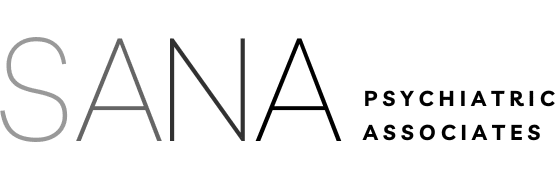OCD TREATMENT
Understanding OCD and Finding Relief
We understand that OCD can be a challenging condition that affects individuals and their loved ones, often causing distress and interfering with daily life.
If you have OCD, your thoughts are incredibly distressing. Your compulsions offer some temporary relief, although if you’re unable to complete your compulsive behaviors or rituals, you may become even more distressed.








